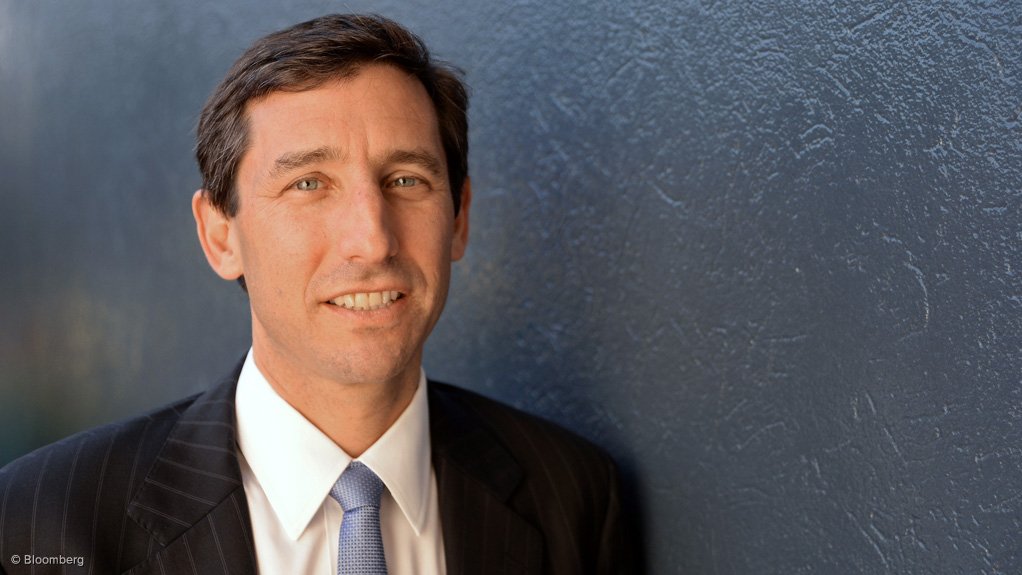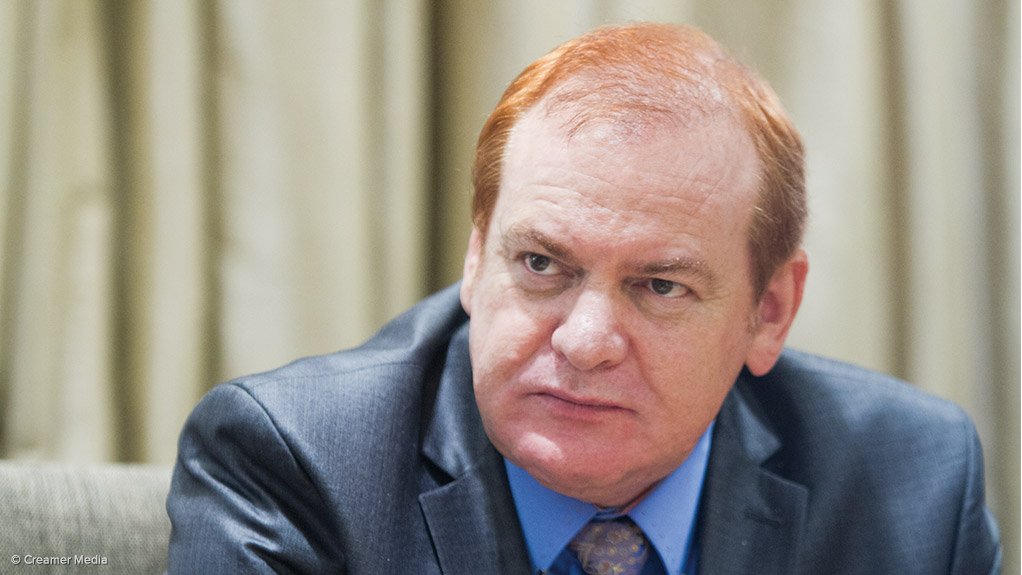MELBOURNE – Mining companies could benefit from more investor activism in the wake of Elliott Management’s campaign for improved performance at BHP Billiton, according to Australia’s second-largest gold producer.
The sector’s record of returns warrants closer scrutiny from shareholders, Evolution Mining executive chairman Jake Klein said in an interview in Kalgoorlie, Western Australia. “I’d like to see it,” he said. “Investors are almost too tolerant, and too accepting.”
Activism campaigns are accelerating in traditional mining hubs including Australia and Canada, according to FTI Consulting. All 19 members of a Bloomberg Intelligence index of mid-sized gold producers, which includes Evolution, have had a negative return in the past 12 months, with only seven advancing this year, according to data compiled by Bloomberg.
“It’s a double-edged sword,” Klein said in the interview Monday on the sidelines of the Diggers and Dealers mining forum. “I said to a fund manager the other day, well why aren’t you guys more active -- and then I realised, well I’m probably going to have to beg their forgiveness in a little while.”
Billionaire Paul Singer’s Elliott has targeted BHP, the world’s top miner, for a corporate overhaul and lambasted management strategy that the fund claims has destroyed about $40-billion in value. Elliott, which has drawn support from investors including AMP Capital and Schroders Plc on some proposals, has called for changes to the company’s board.
MORE COMPLEX
“We keep investors close and we have to be alive to concerns, the landscape is changing and becoming more complex, we have to be prepared for anything,” Johannesburg-based gold producer Gold Fields’s CEO Nick Holland said Tuesday in an interview at the forum. Holland said he sees about 80% of holders in person twice a year.
The number of shareholder activist campaigns outside of the US increased to 201 in the first half of 2017, compared with only 70 in all of 2010, FTI Consulting said last week. A strong dollar, undervalued asset prices and increased global scrutiny of corporate governance are driving the trend, according to the firm.
An increased risk of activism contrasts with the rise of passive investing, according to Evolution’s Klein. About $500-billion flowed from active to passive funds in the first half of 2017 and Elliott’s Singer flagged the trend as in “danger of devouring capitalism,” in a letter to investors last month.
“Passive investing is a challenge,” Klein said in the interview. “How do you differentiate yourself if they become dominant on your register, and you can’t speak to your shareholder.”
Edited by: Bloomberg
EMAIL THIS ARTICLE SAVE THIS ARTICLE
To subscribe email subscriptions@creamermedia.co.za or click here
To advertise email advertising@creamermedia.co.za or click here















